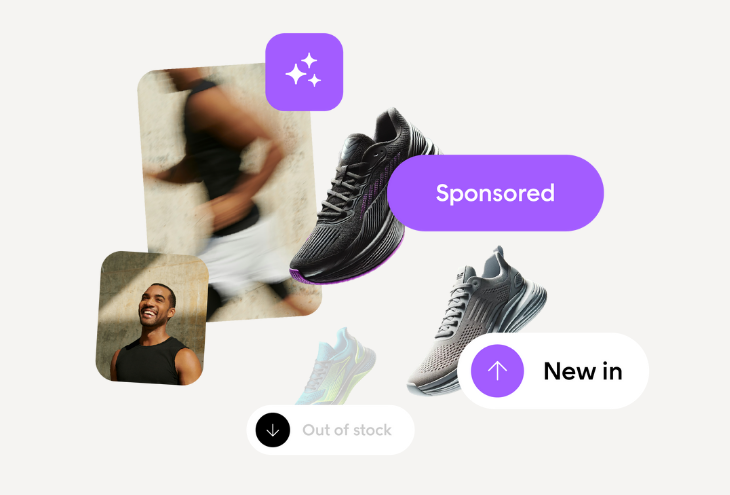Loyal customers spend 67% more than new ones. Yep, recent studies confirm what many marketers already feel: brand loyalty is more than just a buzzword; it’s a business-critical advantage. In a time where competition is fierce and acquisition costs are rising, loyalty isn’t just about retention; it’s your growth strategy.
But what exactly is brand loyalty in a retail context, and how do you build it?
What is brand loyalty in retail?
Brand loyalty refers to the emotional connection a customer feels toward a brand. It’s not driven by price or convenience, but by trust, shared values, and consistently positive experiences. Loyal customers choose you, even when a competitor offers a better deal or faster delivery. They believe in your brand, your mission, and what you stand for.
This kind of loyalty turns customers into advocates. They don’t just buy from you—they promote you, defend you, and keep coming back. It’s what makes brands resilient, especially during economic shifts or changing consumer behavior.
Read more: Retail loyalty program – a comprehensive example and concrete tips
Emotional vs. functional loyalty
There are two primary types of loyalty in retail:
Functional loyalty is transactional. It’s based on habit, convenience, or price. Customers shop with you because you’re the closest store or because your app is easiest to use. But it’s also fragile—if someone opens a store closer to home, or undercuts your price, they might switch in a heartbeat.
Emotional loyalty is where true brand strength lies. It’s deeper and more durable. These customers take pride in shopping with you. They love your values, your design, and your mission. They’ll drive out of their way to visit your store. They want to be seen with your products. They stay—even when it costs more—because your brand is part of their identity.
Read more: Build customer loyalty – best strategies you may not have heard before
Brand loyalty vs. customer loyalty
What’s the difference between brand loyalty and customer loyalty? They’re related, but not the same.
- Customer loyalty is measurable—frequency, recency, and spend. It’s about how often people buy and how much.
- Brand loyalty is emotional—it’s about how customers feel. A person can be loyal to a brand they’ve only bought from once, simply because it resonates deeply.
You want both. But brand loyalty builds stronger, longer-lasting connections that are harder for competitors to break.
Tips to build (and keep) brand loyalty
Building brand loyalty is hard, but maintaining it is easier if you do it right. Here’s how:
Communicate your values—clearly and consistently
Loyalty starts with alignment. Make sure your mission is visible and relatable across your website, stores, packaging, and marketing channels. What do you stand for? Why do you exist? Customers can’t connect with what they can’t see.
Read more: How to improve the customer experience and the importance of it
Deliver a consistent experience
From your tone of voice to your product quality, consistency builds trust. Don’t try to be everything to everyone. Instead, deliver reliably on the promise your brand makes, time after time.
Engage your customers beyond transactions
Create community moments. Invite feedback on new collections. Host live shopping events. Let customers vote on designs or packaging. Each touchpoint deepens the relationship and makes people feel seen.
Add value after the purchase
Help customers get more out of what they’ve bought. For example, if they just bought a new sofa, follow up with styling tips or care guides. This shows you’re invested in their experience, not just the sale.
Provide standout customer service
The way you solve problems leaves a lasting impression. Great service turns one-time buyers into long-term fans. Poor service? It breaks the bond instantly.
Be transparent and human
If something goes wrong, own it. Say sorry. Be honest. Customers are surprisingly forgiving—especially when they trust your intentions.
Let’s sum it up
Loyalty is a relationship, not a tactic. Once a customer reaches emotional loyalty, you’ve done the hard part. But it’s still a relationship, and relationships need attention. Celebrate your best customers. Let them know they matter. Thank them. Reward them. Surprise them.
Brand loyalty is built one thoughtful moment at a time. Want to make loyalty easier to scale? Voyado helps retailers connect with customers in more personal, meaningful ways—automating the right message at the right time.
Let’s build brands people don’t just buy from, but believe in.
 Voyado Engage
Voyado Engage  Voyado Elevate
Voyado Elevate  Powered by Bonnie AI
Powered by Bonnie AI 













